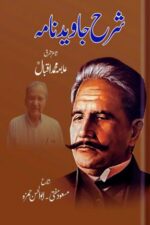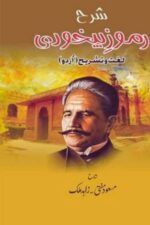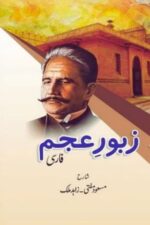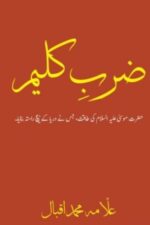Allama Muhammad Iqbal
Allama Muhammad Iqbal (1877–1938) was a renowned philosopher, poet, and visionary thinker who played a pivotal role in the intellectual awakening of the Muslim world, particularly in South Asia.
Early Life and Education
Born in Sialkot, British India (now in Pakistan), Iqbal’s early education laid a solid foundation in Arabic, Persian, and Islamic studies. He later earned higher education degrees from Government College Lahore, the University of Cambridge, and a Ph.D. from the University of Munich, specializing in philosophy.
Iqbal is often celebrated as “Shair-e-Mashriq” (Poet of the East) due to his profound poetic contributions that inspired a sense of identity and self-awareness among Muslims. His poetry, primarily in Persian and Urdu, reflects deep themes of spiritual revival, selfhood (Khudi), and socio-political consciousness.
Famous Books and Major Works
Among his most notable works are “Bang-e-Dra” (The Call of the Marching Bell), which includes poems written between 1905 and 1924, “Asrar-e-Khudi” (Secrets of the Self)—a philosophical treatise in verse form on individual development, and “Payam-e-Mashriq” (Message of the East), which served as a response to Goethe’s West-östlicher Divan. Other important books include “Bal-e-Jibril”, “Zarb-e-Kalim”, and “Armaghan-e-Hijaz”, each addressing spiritual awakening, societal decay, and political guidance.
Political Vision and the Ideology of Pakistan
Politically, Allama Iqbal envisioned the idea of a separate homeland for Muslims in the Indian subcontinent, which laid the ideological groundwork for the creation of Pakistan in 1947. He presented this vision most notably in his presidential address at the All India Muslim League session in 1930.
Legacy and Influence
Iqbal passed away in 1938, but his intellectual legacy lives on. His thoughts on self-realization, unity, and Islamic revivalism remain central to contemporary discourse on Muslim Identity.









